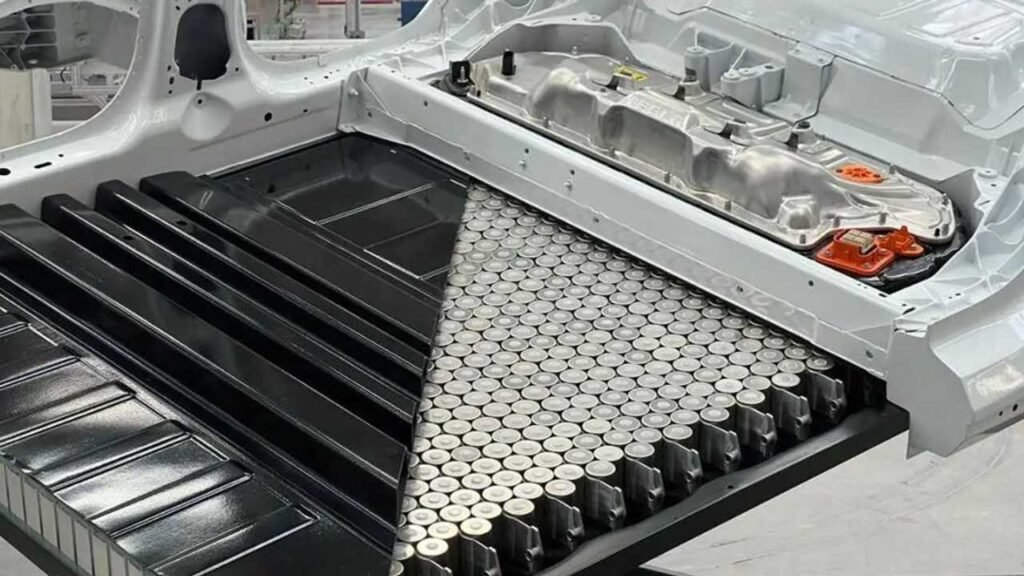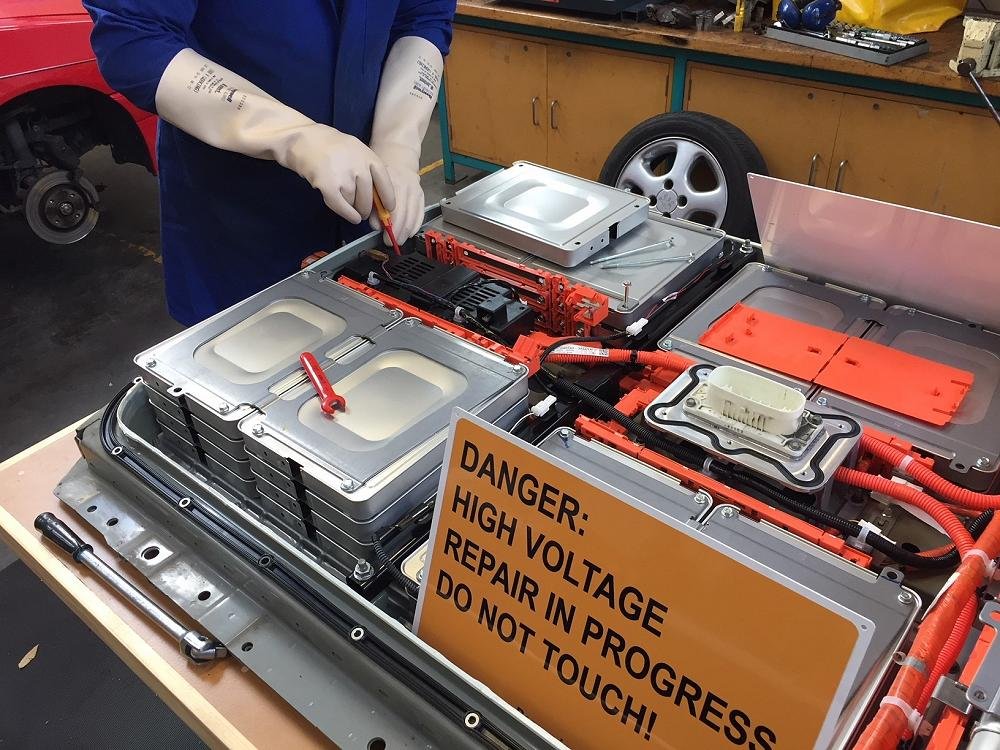Early adopters of electric vehicles (EVs), as well as electric micro-mobility devices like e-bikes and e-scooters, are reaching to a point where their batteries are starting to fail. These EVs have large, costly batteries that will eventually deteriorate or fail, often after the warranty has expired. Replacing these batteries can be expensive, with costs exceeding $15,000. As a result, people are seeking assistance from mechanics who specialize in repairing EV batteries.

Moreover, fixing these batteries can be environmentally friendly by conserving energy and resources that would otherwise be used to produce a new battery. This is especially crucial for electric vehicles since they have large batteries that need to be used for a long time to offset the carbon emissions generated during their manufacturing process.
However, many electric vehicle and e-bike batteries are intentionally designed to be difficult to repair, with some manufacturers discouraging the practice due to safety concerns. As a result, the few independent mechanics who attempt to repair these batteries face challenges related to design, safety regulations, and limited availability of spare parts.

A smartphone’s lithium-ion battery has one unit called a “cell” which includes a graphite anode, a metallic cathode, and a liquid electrolyte. While E-bike batteries typically have multiple cells and a typical EV batteries can have hundreds or even thousands of cells organized into modules and then assembled into a battery pack.
Electric car and e-bike batteries have a battery management system that keeps track of their health and controls how quickly they charge and discharge.

Lithium-ion batteries degrade over time and will eventually need to be replaced. However, if a battery has multiple cells and components like in case of electric vehicles, it can sometimes be repaired by replacing the faulty parts, such as bad cells or modules, and fixing any other issues like a malfunctioning battery management system.
In certain situations, only one module may need to be replaced. Instead of replacing the entire battery, swapping out a module reduces the need for battery metals and decreases carbon emissions associated with manufacturing replacement batteries or new vehicles.

Battery repair is considered valuable in a circular economy as it promotes resource conservation and reuse. Although it may not be inexpensive, repairing batteries can lead to cost savings.
According to experts, repairing electric vehicles batteries is risky and should not be done by inexperienced individuals or at home. Trying to repair a battery can result in damaged cells, which can lead to fires or explosions. Additionally, if the person attempting the repair does not have the appropriate high-voltage gloves, they may be at risk of electrical shock.






